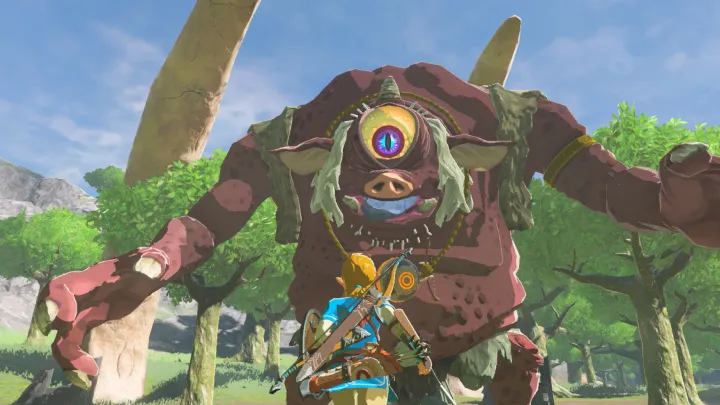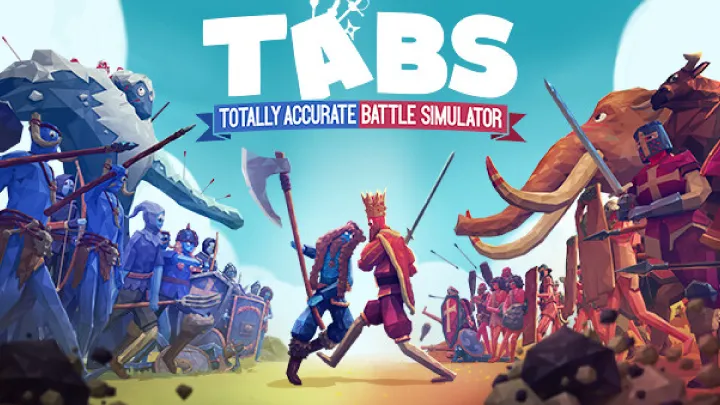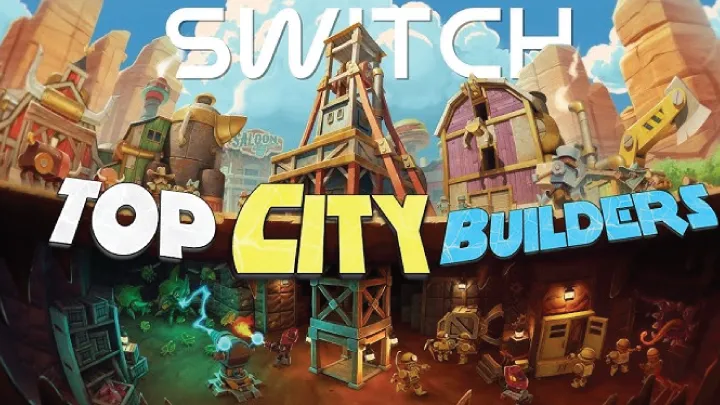The Legend of Zelda: The Role of Music in Shaping Player Experience

The Legend of Zelda series is renowned not just for its gameplay and storytelling, but also for its iconic music. The soundtracks of the games, composed primarily by Koji Kondo, have played a significant role in creating immersive experiences and conveying emotions. This article delves into how music in The Legend of Zelda series, particularly in Breath of the Wild, enhances gameplay, narrative, and emotional engagement.
The Historical Context of Zelda Music
The Early Days: 8-Bit Soundtracks
The original Legend of Zelda (1986) featured an 8-bit soundtrack that set the tone for the series. The limitations of the technology at the time meant that composers had to be creative in crafting memorable melodies.
Memorable Themes
The main theme of The Legend of Zelda became iconic, instantly recognizable, and is often associated with heroism and adventure. These simple yet catchy tunes laid the groundwork for future compositions.
Evolution of Musical Complexity
As technology advanced, so did the complexity of Zelda's music. With the release of Ocarina of Time (1998), orchestration and thematic development took center stage.
The Use of Motifs
Ocarina of Time introduced various musical motifs tied to characters and locations. For instance, the "Song of Time" not only served a gameplay function but also carried emotional weight, enhancing the narrative experience.
The Role of Music in Breath of the Wild
Environmental Soundscapes
Breath of the Wild takes a unique approach to music by integrating environmental soundscapes. The game often features minimalistic background music, allowing the sounds of nature to fill the void.
Immersive Exploration
This design choice creates a sense of immersion, as players feel they are truly part of Hyrule. The gentle sounds of wind, water, and wildlife contribute to a more realistic experience, allowing music to emerge organically in response to player actions.
Dynamic Music System
The dynamic music system in Breath of the Wild adapts to the player's actions, creating a responsive audio experience. For instance, when players enter combat, the music shifts to a more intense score.
Heightened Tension
This system heightens tension and excitement during battles, creating an emotional rollercoaster. Conversely, when players engage in peaceful exploration, the music returns to a tranquil state, emphasizing the contrast between conflict and serenity.
Themes and Motifs in Zelda Music
Character Themes
Music in Breath of the Wild is used to represent characters and their journeys. Each character is often associated with specific musical themes that reflect their personalities and arcs.
Link’s Heroic Journey
Link's theme is woven throughout the game, symbolizing his growth and resilience. This theme evolves as players progress, reinforcing his development as a hero.
Emotional Resonance
The emotional weight of music in Zelda games cannot be overstated. Certain tracks evoke nostalgia and longing, enhancing key narrative moments.
The Power of Memory
For many players, the music serves as a trigger for memories associated with their experiences in Hyrule. This connection heightens emotional engagement and reinforces the game's narrative.
The Influence of Traditional Music
Cultural Inspirations
The music in Breath of the Wild draws inspiration from various cultural traditions, incorporating elements that resonate with players on multiple levels.
Folk Instruments
Incorporating traditional instruments and scales, the soundtrack evokes a sense of timelessness and universality. This connection to real-world music enriches the gaming experience.
Creating a Sense of Place
By grounding the soundtrack in cultural references, the game’s music helps establish a sense of place within the diverse regions of Hyrule.
The Emotional Impact of Sound Design
Sound Effects and Atmosphere
In addition to music, sound effects play a crucial role in creating an immersive atmosphere. The sounds of footsteps, rustling leaves, and distant animal calls contribute to the game's world-building.
Enhancing Immersion
These sound effects, combined with the musical score, create a rich tapestry of sound that draws players deeper into the experience. This audio layering enhances immersion and emotional impact.
Player Reactions
The combination of music and sound effects elicits various emotional responses from players. Moments of triumph, loss, and discovery are amplified by the accompanying audio.
Music as a Storytelling Device
Narrative Integration
In Breath of the Wild, music serves as a storytelling device, enhancing key narrative moments and character interactions. Specific tracks are associated with significant events, reinforcing the emotional weight of the story.
Symbolism and Themes
For instance, the use of solemn music during moments of loss underscores the gravity of certain narrative developments. This integration of music and storytelling deepens the player’s emotional connection to the game.
The Role of Memories
The game’s memory system incorporates music as a narrative tool. When players unlock memories, the accompanying music enhances the emotional resonance of the scenes, making them more impactful.
The Legacy of Zelda Music
Lasting Impact on Gaming
The music of The Legend of Zelda series has left an indelible mark on the gaming industry. Composers and developers often cite Koji Kondo's work as a source of inspiration.
Influence on Future Titles
As gaming evolves, the importance of music in creating immersive experiences is increasingly recognized. Future titles across various genres continue to draw from the legacy established by Zelda's soundtracks.
Concerts and Cultural Events
The popularity of Zelda music has transcended gaming, leading to concerts and orchestral performances dedicated to the franchise. These events celebrate the cultural significance of the music and its impact on fans.
Conclusion
The music of The Legend of Zelda: Breath of the Wild plays a pivotal role in shaping player experience. Through its innovative use of sound, dynamic systems, and emotional resonance, the soundtrack enhances gameplay, narrative, and immersion. As the series continues to evolve, the legacy of its music will undoubtedly influence both players and creators for years to come.

















